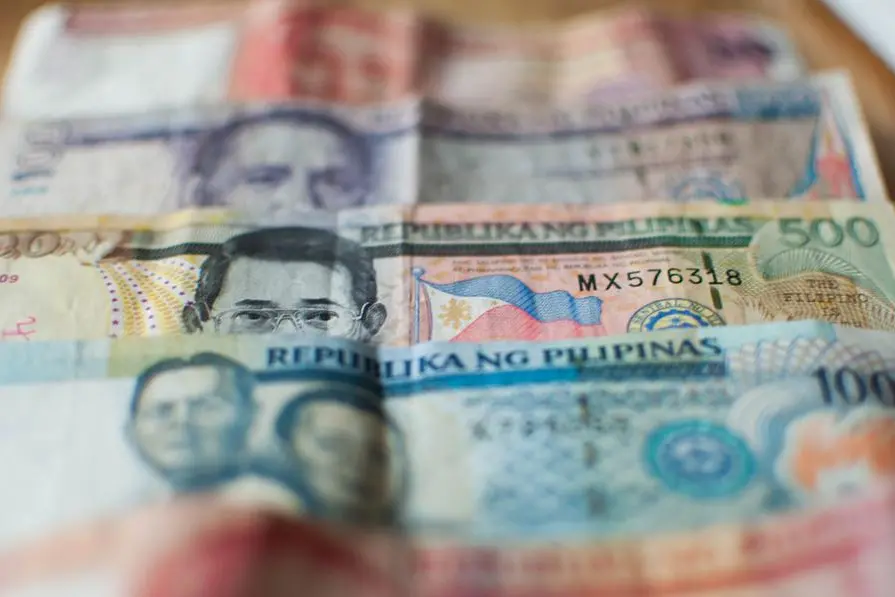PHOTO
Nearly two years into the term of the Marcos administration, government economists acknowledged that reducing the country's budget deficit would take longer than initially projected amid the need to still support key programs despite a limited fiscal space, with returning to pre-COVID levels unlikely to happen in the short-term.
Based on the revised revenue and spending outlook of the Cabinet-level Development Budget Coordination Committee (DBCC), the budget deficit as a percent of gross domestic product will ease to 5.6 percent this year from the 2023 level of 6.2 percent. However, this is still higher than the previous projection of 5.1 percent.
In nominal terms, the budget gap could settle at P1.48 trillion instead of P1.39 trillion. 'The new deficit path is now projected to gradually decrease in a practical, sustainable and strategically paced manner,' the DBCC said.
'This will provide the necessary fiscal space to support the government's spending plan to invest more heavily in infrastructure and human capital development and provide adequate and well-targeted social services,' it said.
Over the course of the Marcos administration, the DBCC likewise raised the government's budget deficit ceilings.
For next year, the deficit is projected to be at P1.49 trillion or 5.2 percent of GDP. This is a significant revision from the 4.1 percent earlier expectation.
A slower budget deficit reduction will continue by 2026 as the gap will only be slashed to P1.48 trillion or 4.7 percent of GDP compared to the previous assumption of 3.5 percent.
By 2027, the budget shortfall will ease to P1.4 trillion, equivalent to 4.1 percent of GDP. By the time, the economic team earlier expected the gap to close into the pre-pandemic level of 3.2 percent.
As the Marcos administration ends its term in 2028, the budget deficit will be at P1.37 trillion or 3.7 percent of the economy, instead of finally hitting the level prior to COVID at three percent.
To plug the deficit, the DBCC said borrowings would be complemented by an upsurge in revenue collections over the medium-term as a result of improved tax administration and recalibrated revenue measures.
'These fiscal targets reflect our commitment to balancing the requirements of supporting economic growth while ensuring prudent fiscal management by keeping the country's debt profile in the median of comparable countries in the ASEAN, among peers with similar credit rating and other emerging market economies,' the DBCC said.
In terms of disbursements, the economic team maintained that it would ensure that the government's limited resources are directly responsive to the country's development goals while curbing wasteful spending.
Over the medium-term, disbursements are expected to remain at an average of 20.7 percent of GDP, reaching P5.754 trillion this year and further increasing to P7.45 trillion by 2028.
The DBCC said budget priority would still be given to programs and projects that ensure social and economic transformation.
Copyright © 2022 PhilSTAR Daily, Inc Provided by SyndiGate Media Inc. (Syndigate.info).





















